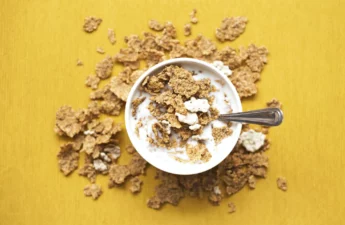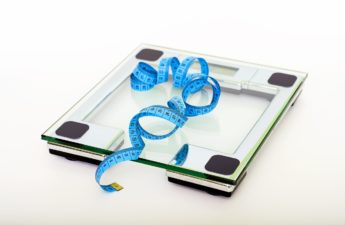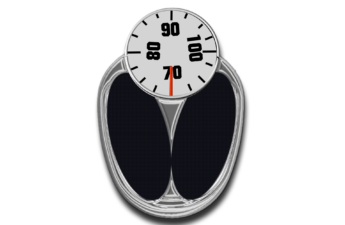Category: Diet
Seven techniques to avoid weight regain, approved by experts
Losing weight is challenging. But as anyone who has ever successfully lost weight knows, it’s avoiding weight re-gain that’s the real challenge. But while weight regain may be a common experience, that doesn’t mean there aren’t many evidence-backed things you can still do to prevent it in the long run:
Australian study links holiday feasting to yo-yo weight gain
Easter, a time of chocolate eggs and hot cross buns, saw a an average gain of about 244g (0.29% of average participant body weight). The Australian summer months associated with Christmas and New Year, feasts and festivities, had an even larger average increase of approximately 546g (0.65% of average participant body weight). We also found a weekly cycle, with weight peaking on the weekend, when many people are likely letting their hair down after a busy work week and may be drinking and eating more.
Aspartame: popular sweetener could be classified as a possible carcinogen by WHO – but there’s no cause for panic
So far, the regulators have all agreed that it’s safe for a person to consume 40mg of aspartame per kilogram of their body weight per day. That’s about 2.8g for a 70kg adult – and is much more than most people consume.
Fiber is your body’s natural guide to weight management, say UW expert
Rather than cutting carbs out of your diet, eat them in their original fiber packaging instead
Intermittent fasting and calorie counting about equal for weight loss – new study
Is intermittent fasting any better than calorie counting for losing weight? A new study, published in the Annals of Internal Medicine, aimed to provide the answer. It showed that the two methods could be equally effective – if undertaken with professional counselling.
Preventive healthcare is effective – lessons from Finland, Japan and Singapore
Promoting healthy lifestyles, early disease detection and timely treatment could reduce chronic diseases such as type 2 diabetes, heart disease and cancer. And reducing the number of people with these chronic conditions would lead to a significant decrease in healthcare spending – which has been steadily rising in real terms.
New drugs that melt away pounds present more questions than answers but could be key tools in reducing the obesity epidemic
While these medications hold promise, they are not wonder drugs. In my view, they warrant much more research before they become the basis for a new weight management protocol.
Hot flushes, night sweats, brain fog? Here’s what we know about phytoestrogens for menopausal symptoms
It is estimated more than one-third of women seek complementary or alternative medicines to manage menopausal symptoms. But do they work? Or are they a waste of time and considerable amounts of money?
It’s time to bust the ‘calories in, calories out’ weight-loss myth
One reason the simple “calories in, calories out” formula is not so simple is our bodies don’t consume every calorie the same way. What’s shown in your calorie counter is not what’s actually absorbed in your body. Different calorie sources also have different effects on our hormones, brain response and energy expenditure, changing how we respond to and manage our food intake.
It’s time to leave the Paleo Diet in the past: Recent studies have failed to support its claims
The Paleo Diet has been a worthwhile experiment, but at this point it seems likely that people following it might just be wasting money. Conventional, government-recommended diets offer comparable outcomes at a lower cost. In our view, it’s time to leave the Paleo Diet in the past.
Ask a Chatbot: ‘What’s for Dinner?’
Some health and wellness professionals say ChatGPT’s ability to have conversations can be useful for generating meal plans and ideas for people who have specific health goals and dietary needs.
3 ways to unlock the power of food to promote heart health
A common theme among these three approaches to eating is that they are all considered plant-based, and small changes can make a difference in your overall heart disease risk. “Plant based” does not necessarily mean you have to be 100 per cent vegan or vegetarian to get their benefits. Plant-based diets can range from entirely vegan to diets that include small to moderate amounts of animal products.
Ozempic helps weight loss by making you feel full. But certain foods can do the same thing – without the side-effects
Dietary changes have much fewer risks in terms of side effects, but the responses will take more time and effort.
Is menopause making me put on weight? No, but it’s complicated
When it comes to menopause and weight, it’s weight redistribution – not weight gain – that is actually a symptom. Research has confirmed menopause is linked to an increase in belly fat but not an increase in overall weight.
What’s the ‘weight set point’, and why does it make it so hard to keep weight off?
There’s a scientific reason many people return to their previous weight after dieting, and understanding the science – known as the weight set point theory – is key to achieving long-term weight loss.










